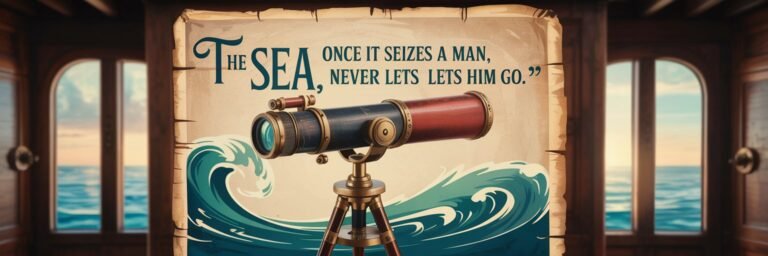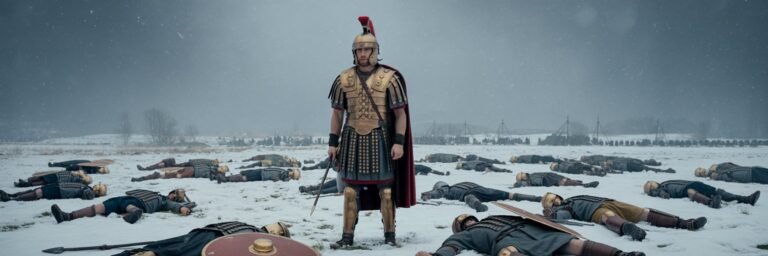INTRODUCTION
The annals of naval warfare—steeped in courage, innovation, and audacious tactical gambits—include a pantheon of masterful captains who navigated the vast and unpredictable nature of the oceans. These men made key contributions that have shaped naval warfare, strategies, and technology. This article weaves its way through centuries of seafaring history, examining the lives, influences, and contentious actions of some of these quintessential individuals—both acclaimed and infamous.
HISTORICAL BACKGROUND
To truly appreciate our chosen figures, we must first understand the historical context in which they emerged. The inception of naval warfare predates recorded history, yet it was only in the aftermath of the 8th-century BC that naval engagements began to significantly impact the course of civilizations.
Firstly, we have themistocles, the Athenian statesman responsible for marshaling an unprecedentedly robust Athenian navy. His vision culminated in 480 BC at the Battle of Salamis, a defining early moment in naval warfare that saw a relatively smaller Greek fleet decimate a much larger Persian one, significantly shaping Western civilization’s future course.
Then there’s Admiral Yi Sun-sin of the Korean Joseon dynasty, whose ingenious turtle ship design and impeccable strategic acumen conserved Korean independence against a numerically superior Japanese fleet in the late 16th century.
Furthermore, we should also consider Horatio Nelson, the British naval commander who, through extraordinary leadership and intuitive tactical prowess, played an instrumental role in the Napoleonic Wars, particularly in the legendary Battle of Trafalgar in 1805.
THEORIES AND INTERPRETATIONS
The actions of these men have given rise to various academic theories and interpretations as to their underlying motivations, strategic visions, and the broader influence they exerted on their nations’ socio-political landscapes.
A renowned historian, Professor Kenneth Harl, asserts that Themistocles’ military genius and foresight in building a combat-worthy naval force saved Western civilization from Persian rule. Yet, some scholars argue that patriotic narratives often overshadow Themistocles’s political aggression and power-lust, which eventually led to his downfall.
Admiral Yi’s story often pivots on the conception of him as a humble virtuoso who never lost a battle, perfecting the world’s first armoured ship to secure Korea’s sovereignty. However, Professor Samuel Hawley challenges this narrative, focusing on the internal coups and court politics that Yi had to navigate, almost likening him to a tragic hero.
Many interpret Nelson’s bold tactics and disregard for traditional naval engagement rules as a testament to his military genius. Nevertheless, scholars like Andrew Lambert have explored Nelson’s life beyond his war hero status, focusing on his controversial personal life and his tendency for self-aggrandizement.
MYSTERIES AND CONTROVERSIES
Unsurprisingly, these men’s lives are not devoid of mysteries and controversies. Themistocles’s death remains shrouded in mystery. While Thucydides maintains he died of natural causes, other ancient historians purport he poisoned himself into despair.
More recently, Admiral Yi’s iconic Turtle Ships’ existence has been controversial. While recognized as groundbreaking naval innovation, no historical artefacts or reliable drawings from Joseon times have survived. This absence has fueled debates and speculative recreations concerning their authentic design and usage.
As for Nelson, his flagrant disobedience of his superior’s orders during the Battle of Copenhagen in 1801 remains a subject of heated debate. Was it a heroic act of instinctive tactical genius? Or an audacious insubordination that risked disaster?
SYMBOLISM AND CULTURAL SIGNIFICANCE
The symbolic representations these figures hold in their respective cultures offer further insight. Themistocles, despite his decline, symbolizes Athenian democracy’s potency. His heroic image is immortalized on potteries and mosaics, embodying Athens’ golden age.
Admiral Yi, through monuments and cinematic portrayals, continues to epitomize the undaunted defender of Korean sovereignty—his reputed magnanimity and unyielding spirit inspire Korean nationalism and pride.
Nelson, preserved in Trafalgar Square and celebrated annually on Trafalgar Day, transcends to embody British naval supremacy and tenacity—his tactical brilliance forms the foundation of a marines culture of relentless innovation.
MODERN INVESTIGATIONS
Modern research and forensic investigations further illuminate these historical figures’ legacies. Anthropological evaluations of remains possibly linked to Themistocles have sought to clarify the mystery of his death. Naval archaeologists continue to search for any remains of Admiral Yi’s turtle ships, hoping to unravel their true design—an important missing layer of naval history.
Nelson’s life is frequently reevaluated, with modern biographers delving into private letters, diaries, and official dispatches, seeking a more comprehensive understanding of the man beyond the legend.
LEGACY AND CONCLUSION
The legacy of these influential figures echoes through our present understanding of naval warfare. They collectively represent innovative strategies, indomitable spirits, and the intricate interplay between personal volition and larger-than-life histories.
Each one, in his own right, forever altered his nation’s fate and contributed immensely to the meta-narrative of global naval history.
In concluding, it is notable that naval history is not defined by ships, technology, or even sea battles—it is the domain of extraordinary men who dared to venture into uncharted waters. By remembering figures like Themistocles, Admiral Yi, and Nelson, we ensure the human element remains central to the narratives of war and naval development. We learn from their triumphs, discretions, and errors—reminding us the annals of history often resonate with personal stories rather than impersonal events.






